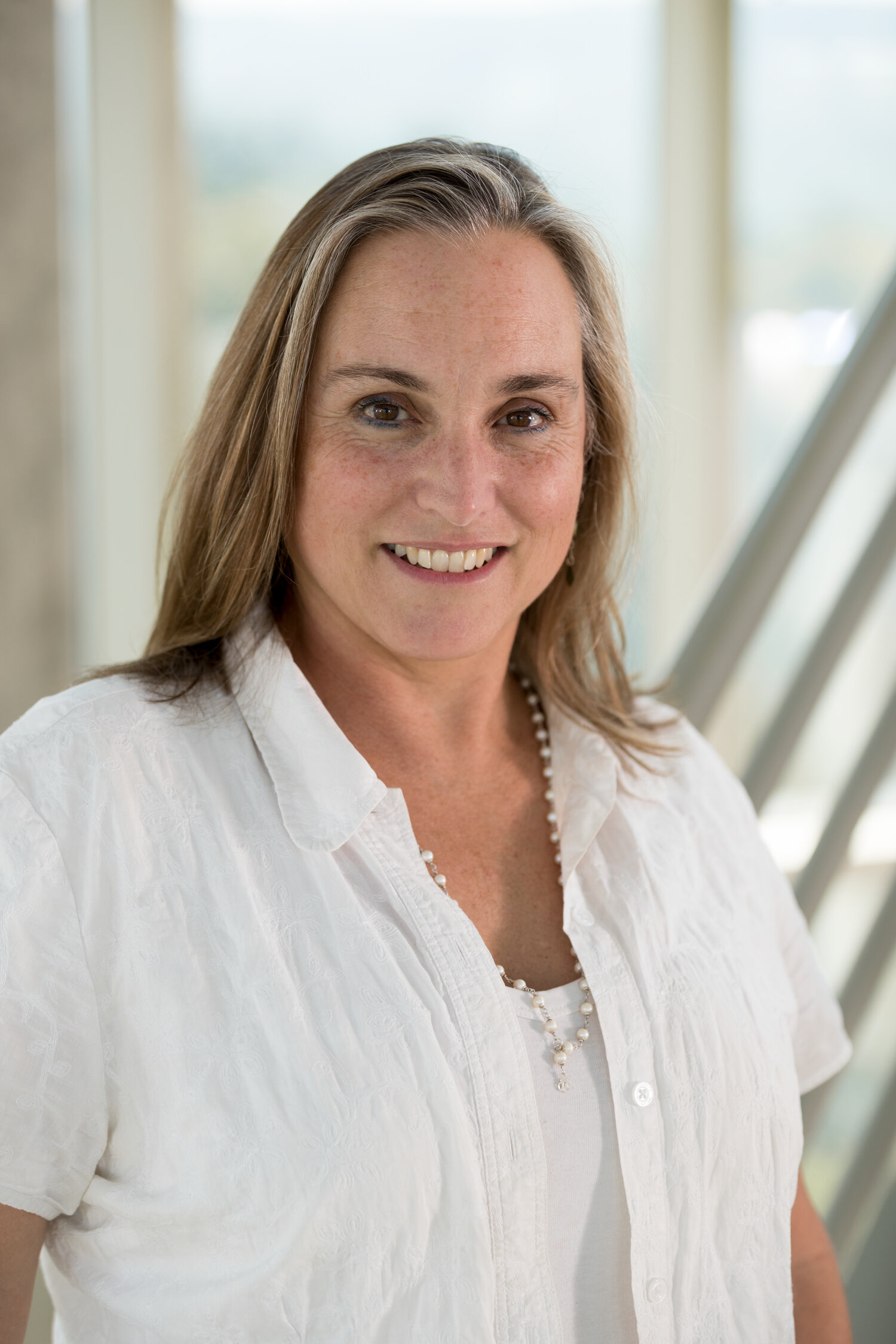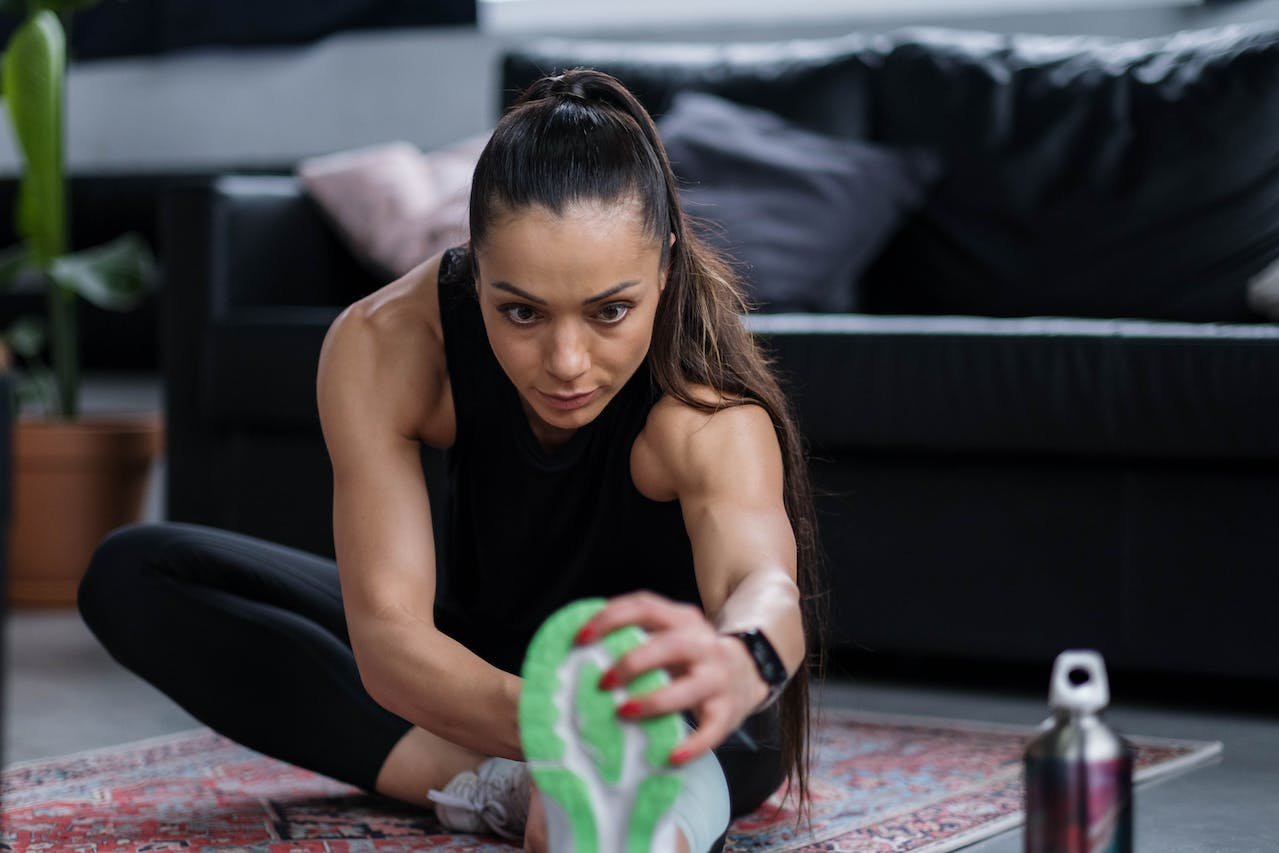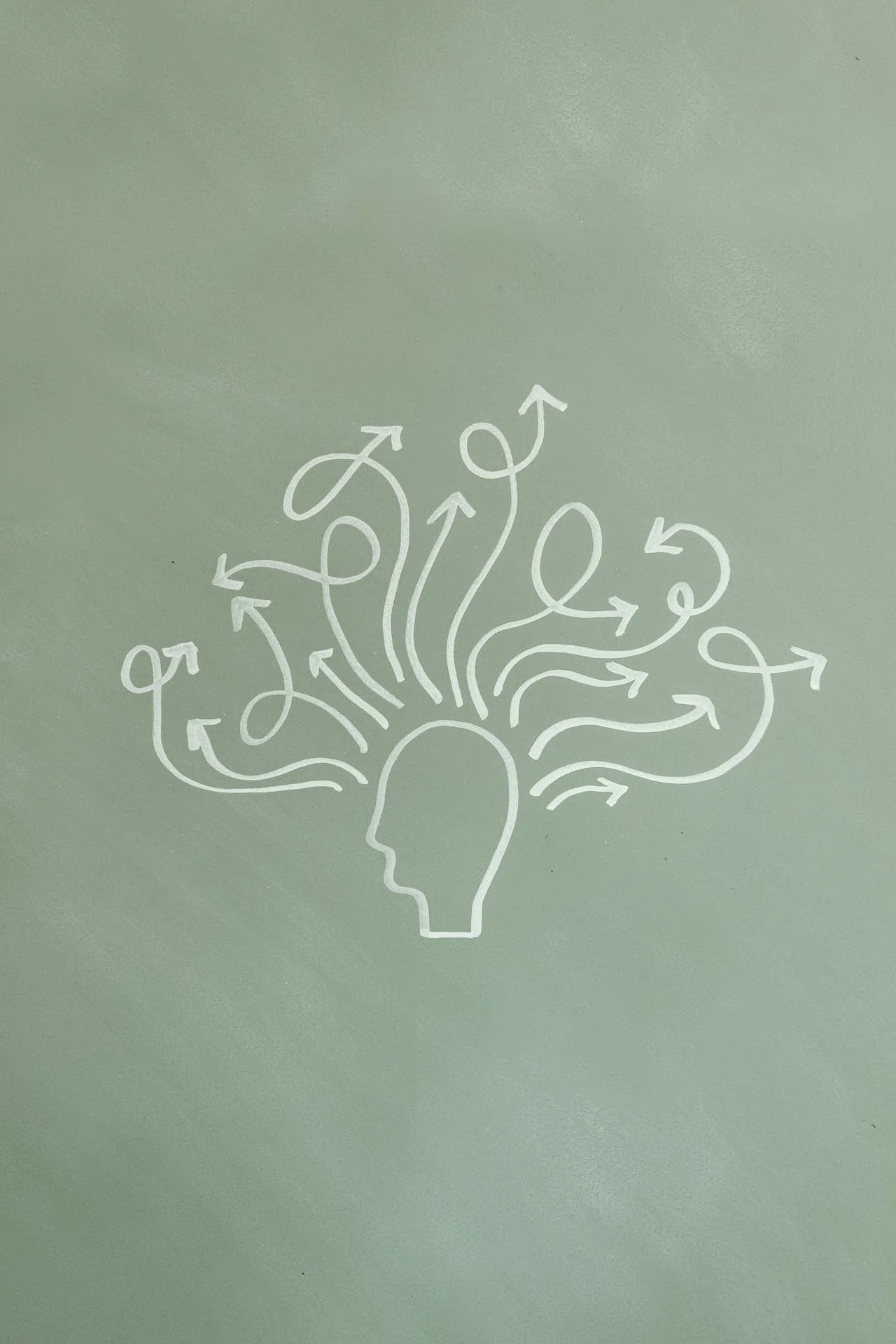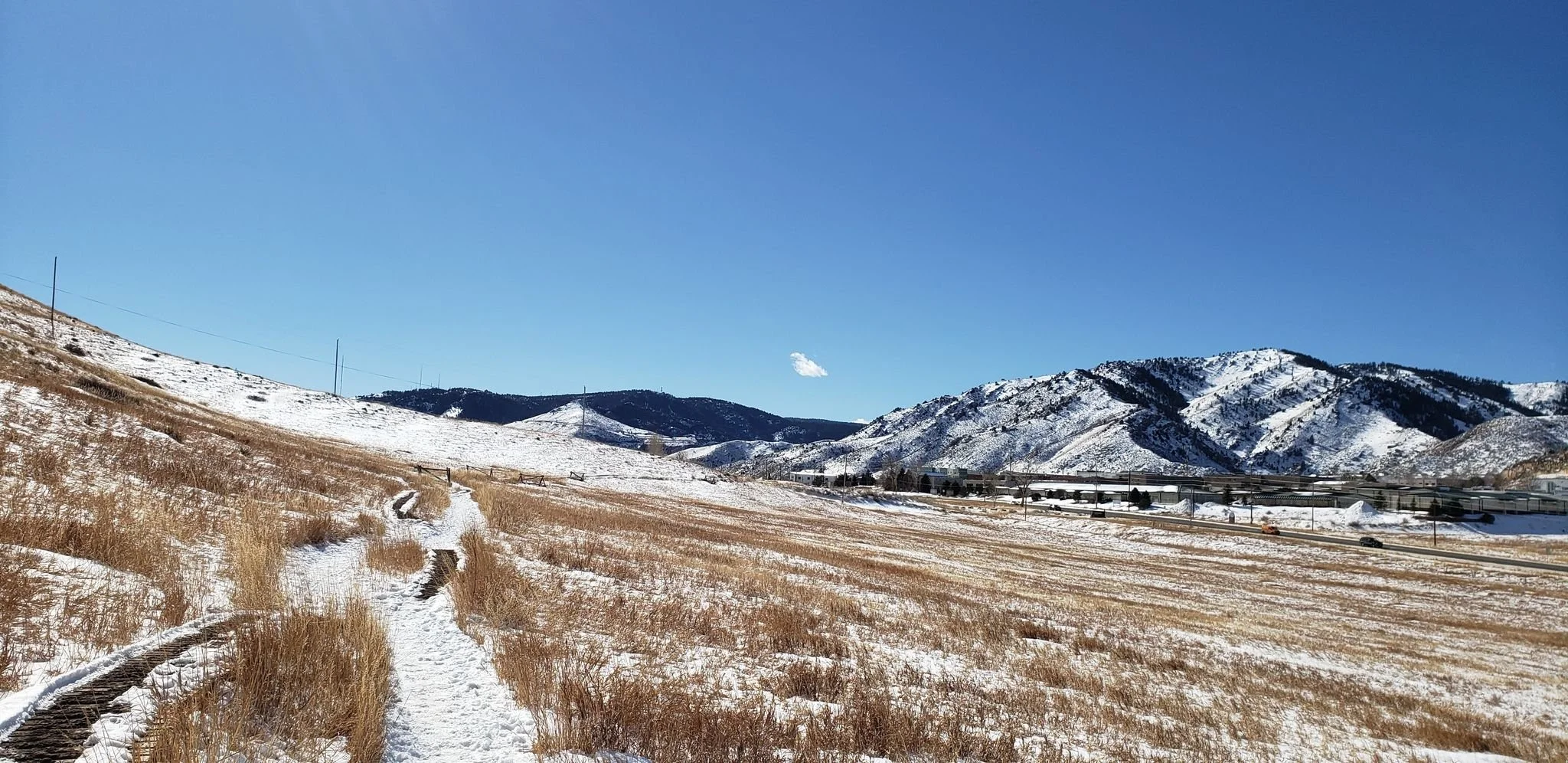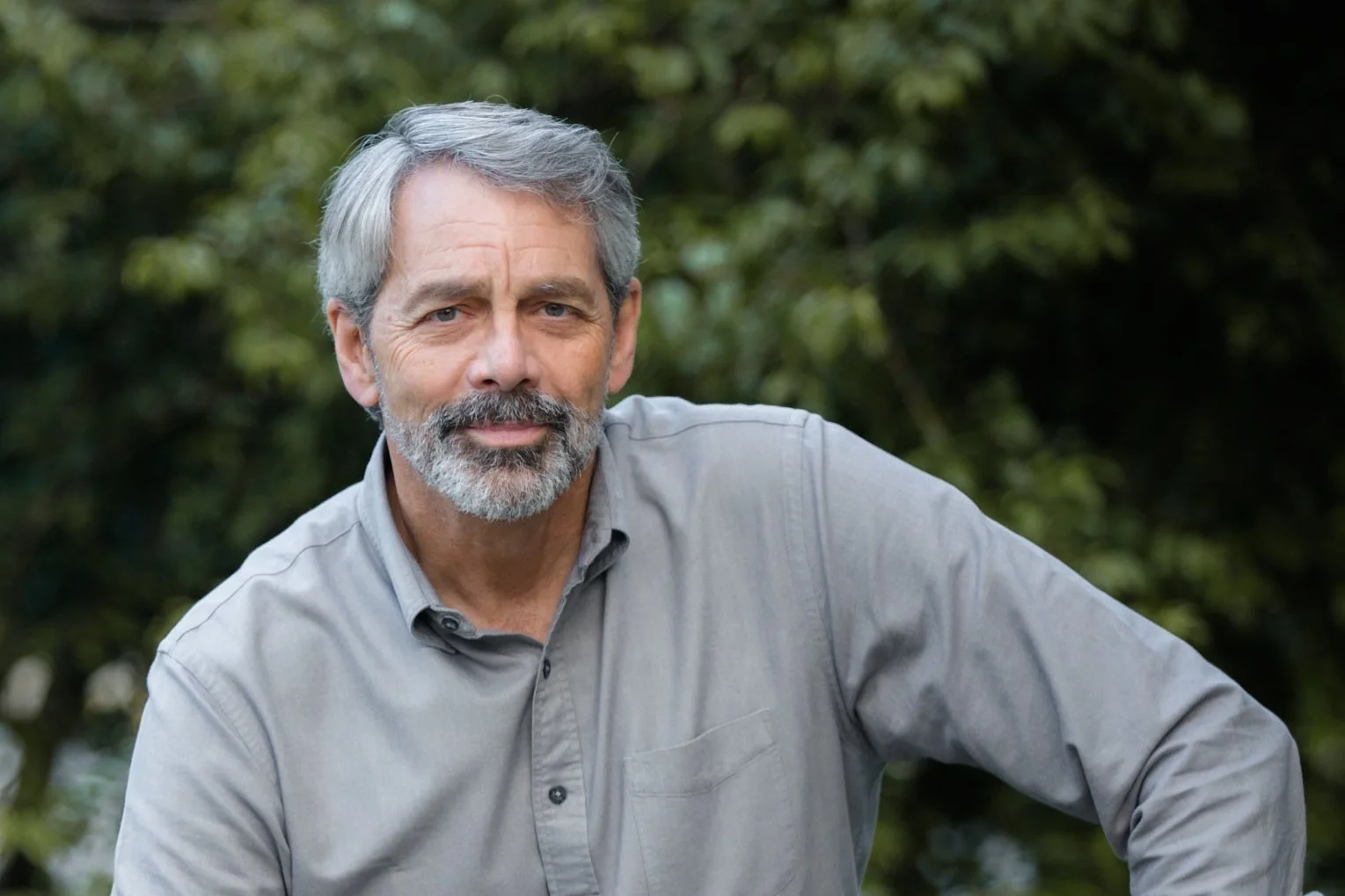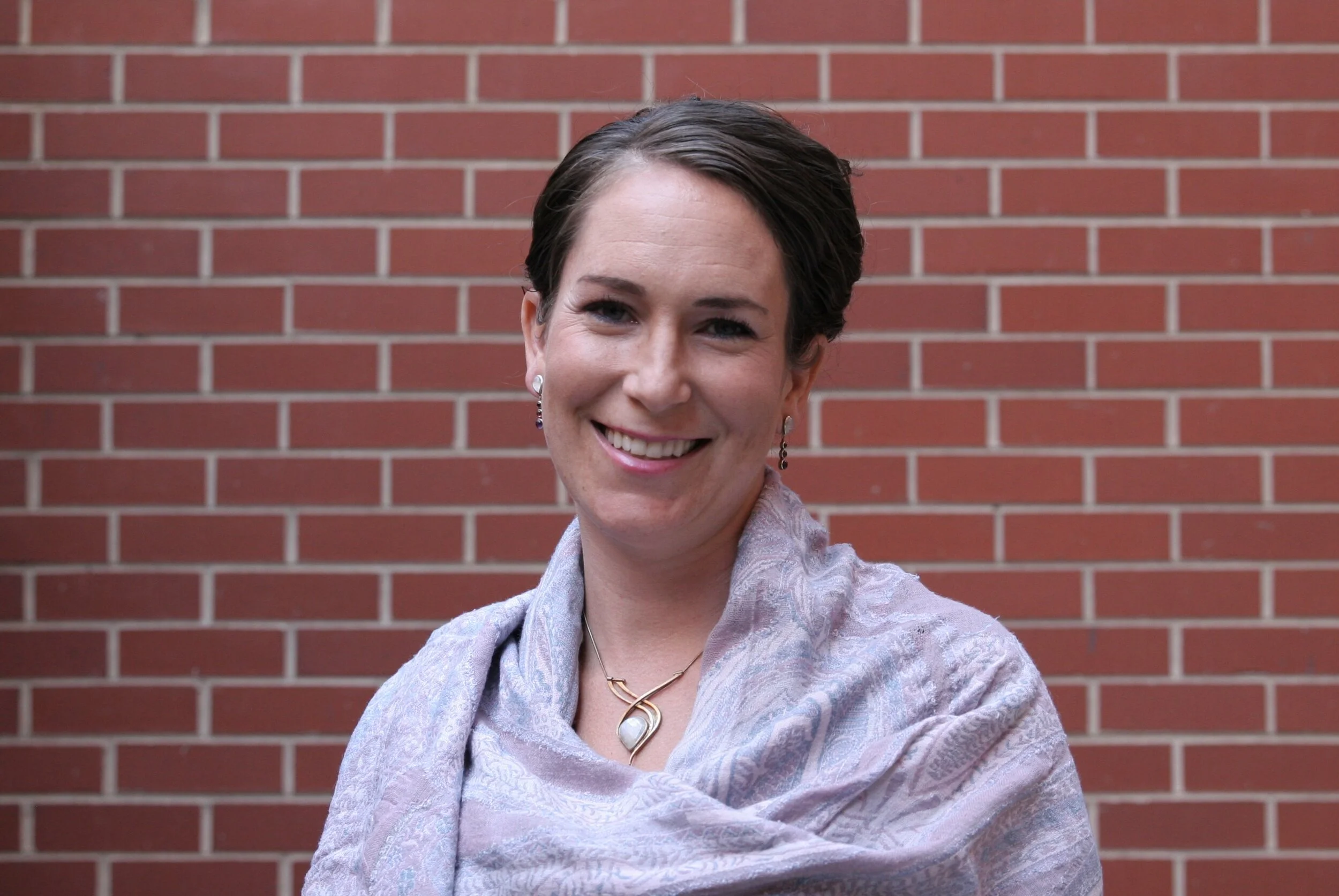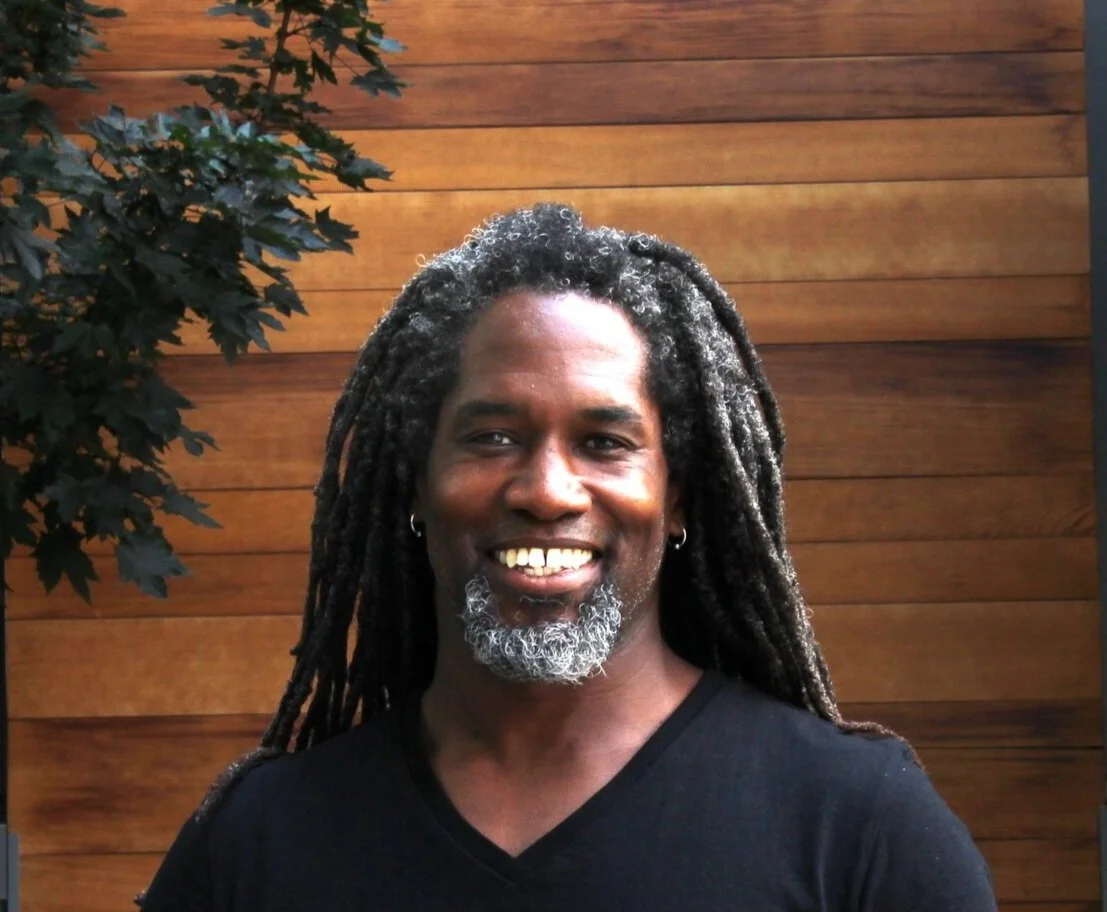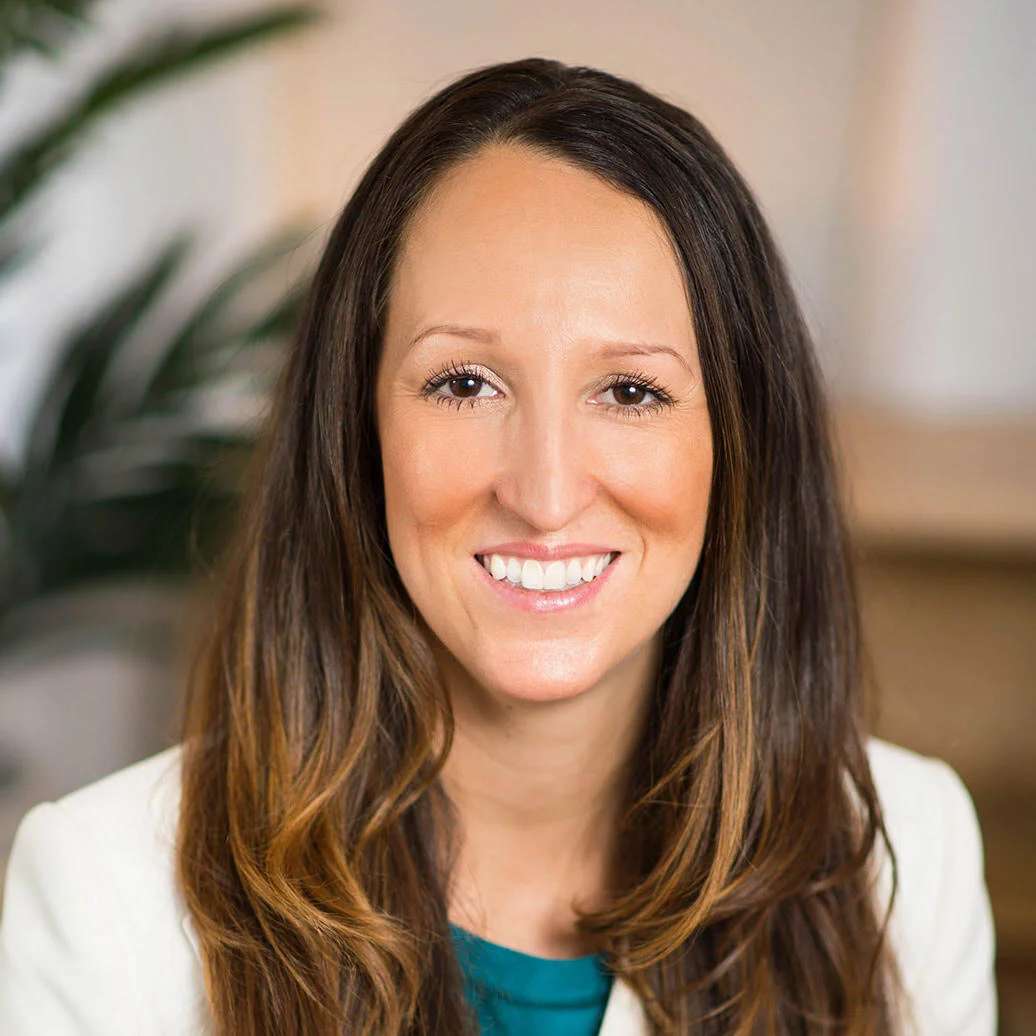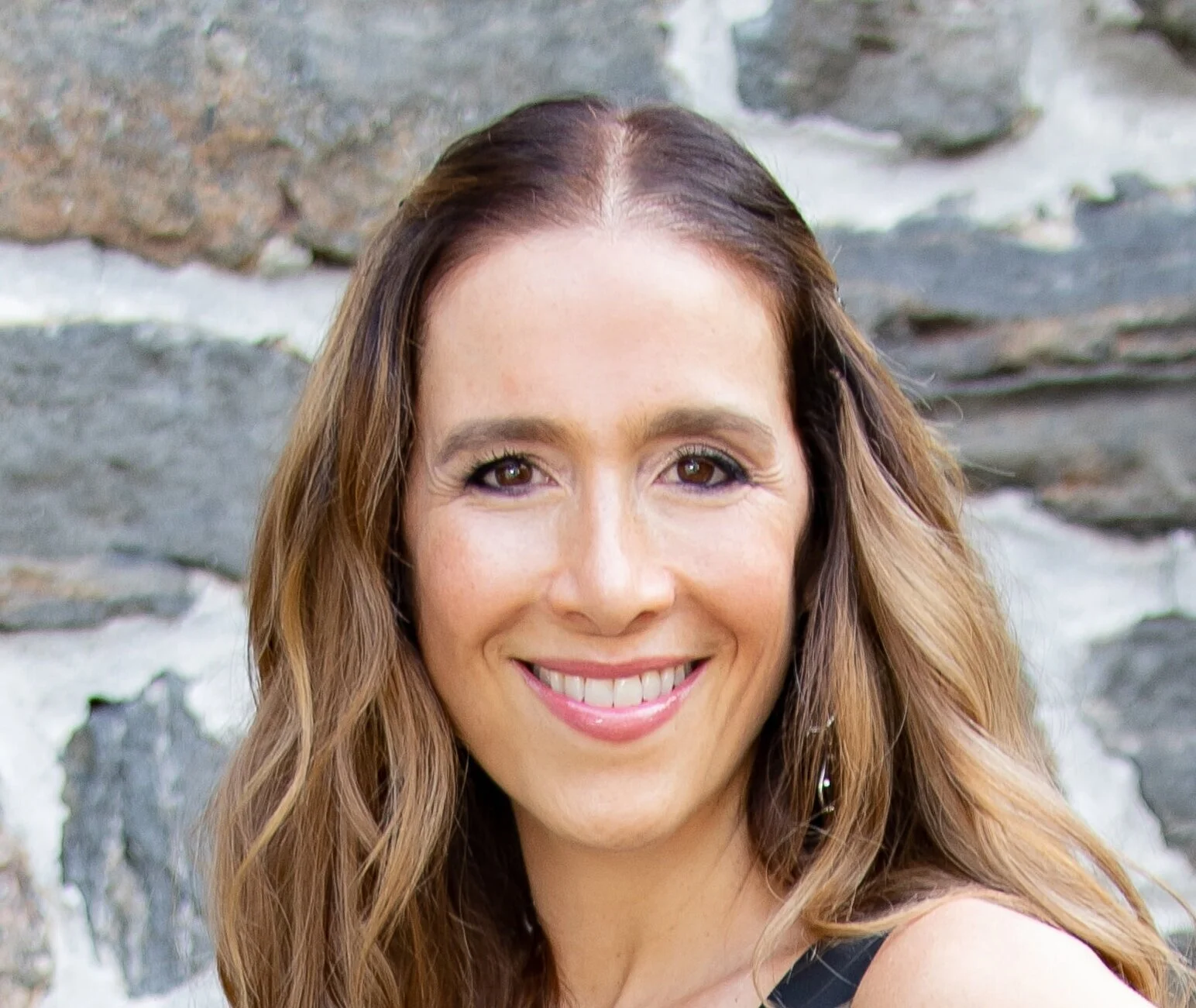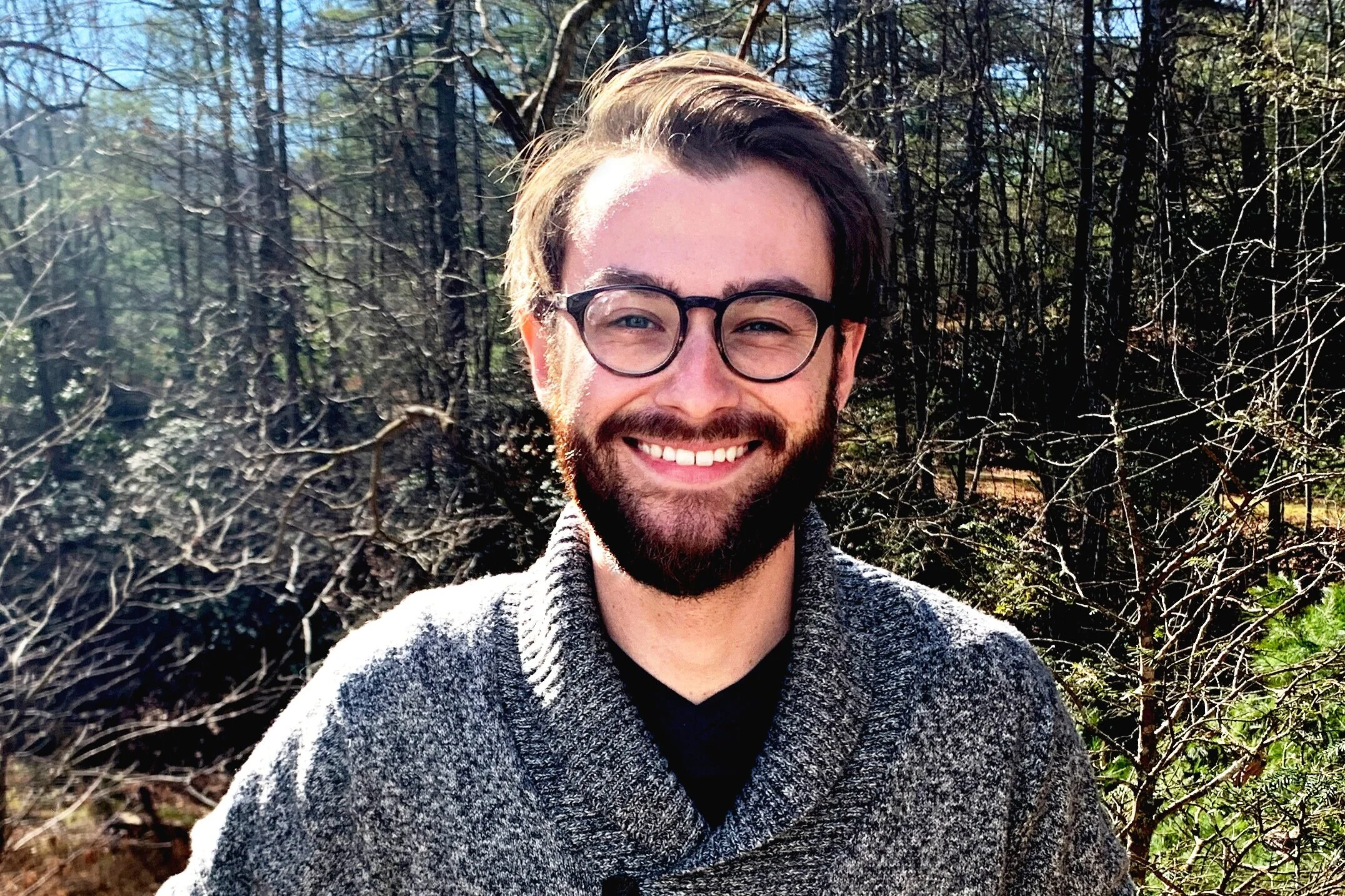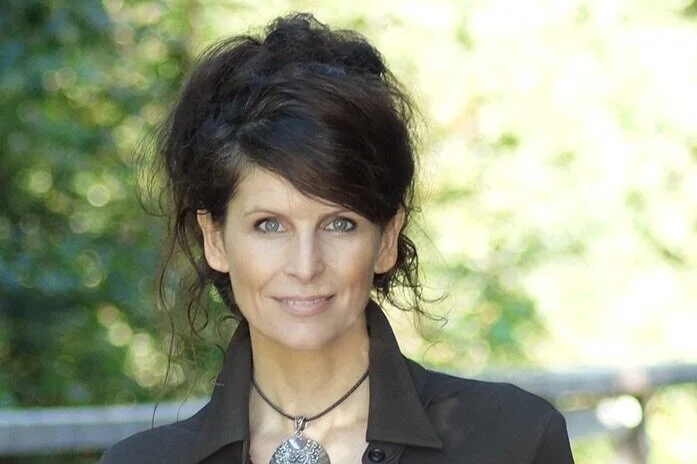#31 - Understanding our Emotional Regulation (and Self-Injury in Adolescence) | Research Scientist Dr. Whitlock
Welcome to “The Elements of Being” podcast, where I dissect and explore the minds and habits of psychologists, filmmakers, writers, and industry icons. Essentially, we examine the mental and emotional narratives and processes that steer the social stream of consciousness….Truly a chance to geek out over the psychology behind human behavior. Each episode is a glimpse into the trends and patterns of human behavior and the underlying influences that navigate us into different directions. Whether we primarily focus on nutrition or the unconscious, guests share insights, thought-provoking lessons, the nuances of creativity, and the elements of being….us.
After reaching listenership in 101 countries last fall, I was pushed to examine my role in the world and the power of all of our voices as people climb out of nearly two years of pandemic uncertainty and amplified political states. It's fitting that this new season of The Elements of Being will continue to serve as an advocacy tool for mental health. What will be different is s higher level of dedication to environmental advocacy and the examination of climate change and environmental policy and its effects on our "being" globally.
This fight can no longer be ignored....and I argue that our social efforts to bring global warming to a drawdown will have a greater effect on all of our well-being more than any other action right now. By prioritizing our focus on climate change and instituting a multiprong slate of solutions, we will improve our physical health with cleaner water and air and minimize diseases and disorders while minimizing our dependence on healthcare. We will also retune our connection with nature and steer a new consciousness that elevates our emotional and mental well-being and bring new acceptance and appreciation for our diverse cultures and lands. Greater equity no matter race, gender, and income level is a heck of a byproduct of this agenda, as well. Our voices and efforts have never been more important. So, stay tuned for future episodes on these topics and more!
In today's episode, I examine emotional regulation and self-injury in adolescence with research scientist, Dr. Janis Whitlock. She has worked in the area of adolescent and young adult mental health, resilience, and wellbeing for over 30 years. She is dedicated to bridging science, practice, and lived experience wisdom in ways that inform, enhance and support the human capacity to thrive. She has experience as a frontline provider and program developer and, for the past two decades, as a researcher, educator, author, and public speaker in these and related areas.
As the founder and director of the Cornell Research Program on Self-Injury and Recovery and the co-founder of the International Society for the Study of Self-Injury, she has deep expertise in areas of self-injury and related mental health challenges, including suicide, depression, and anxiety. She has also studied and written about connectedness, resilience, the role of social media in mental health and prevention, and sexual health. She earned a doctorate in Developmental Psychology from Cornell University, a Masters of Public Health from UNC Chapel Hill, and a BA from the University of California at Berkeley.
In this episode, we discuss:
-The call to understand our emotional selves.
-Common emotional regulation strategies.
-Learning the value of awareness and detachment when appropriate.
-The concept of emotional dysregulation and how it contributes to the cycles in our lives.
-Rethinking the role of controlling our thoughts and emotions.
-How emotional regulation strategies can vary among populations.
-Connection between emotional regulation and adolescent and young adult mental health challenges.
-Emotion as an allowable part of your life.
-Reasons for the classification of non-suicidal self-injury and suicide cases.
-Assumptions and reasons for self-injury among adolescents
-Patterns of adolescent self-injury and the likelihood of the same patterns in adulthood.
-The role of social media and other technological affordances in mental health and development.
To learn more about Dr. Whitlock, visit https://www.human.cornell.edu/people/jlw43 and check out her book “Healing Self-Injury: A Compassionate Guide for Parents and Other Loved Ones.”
